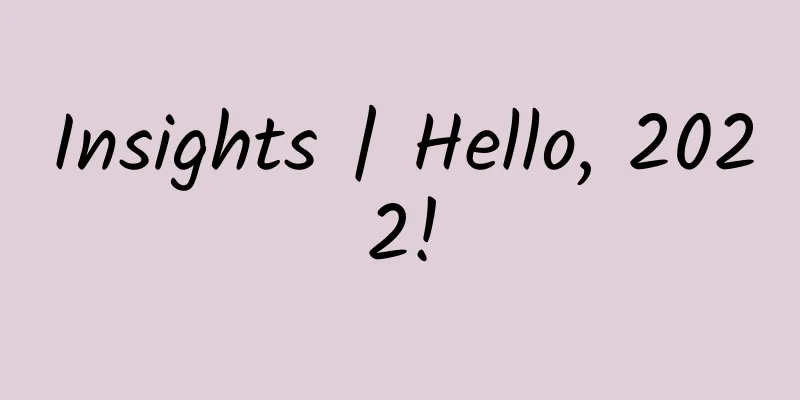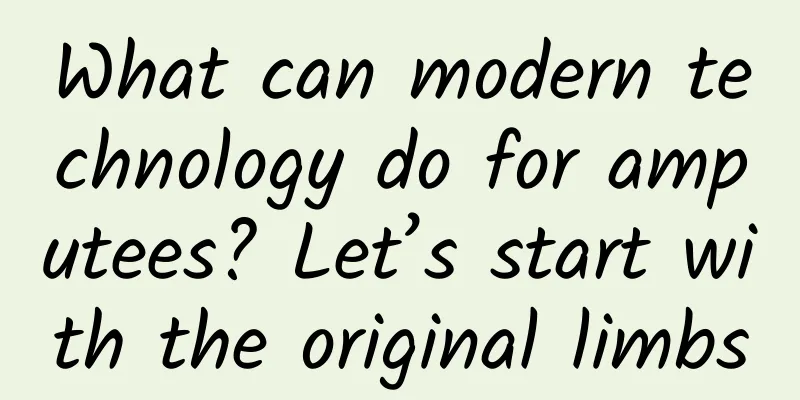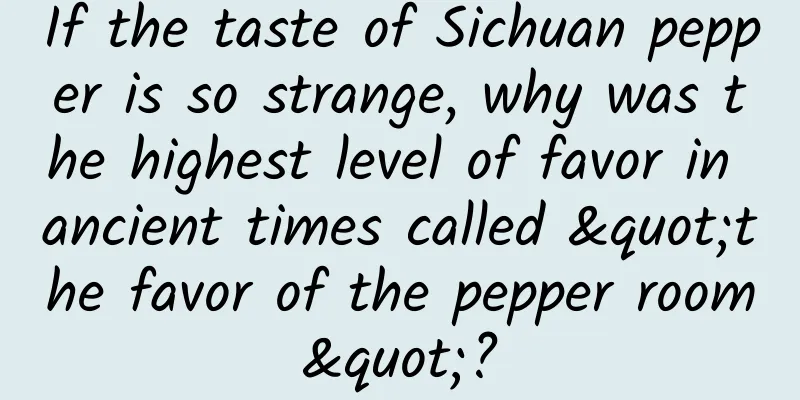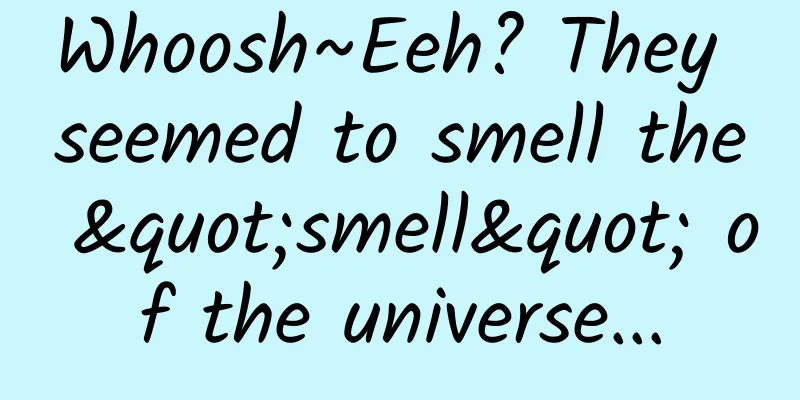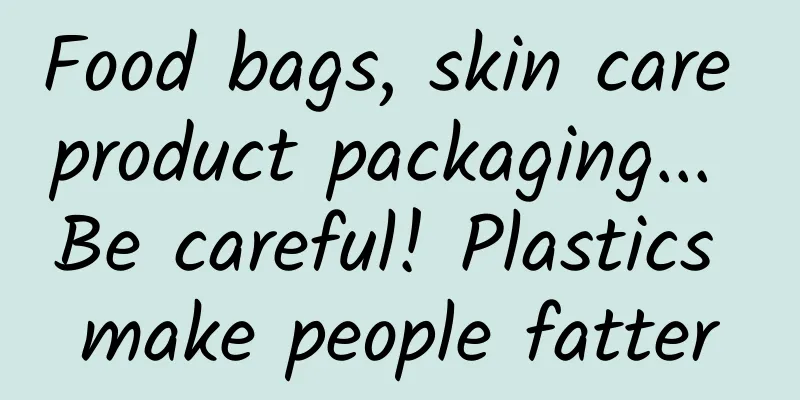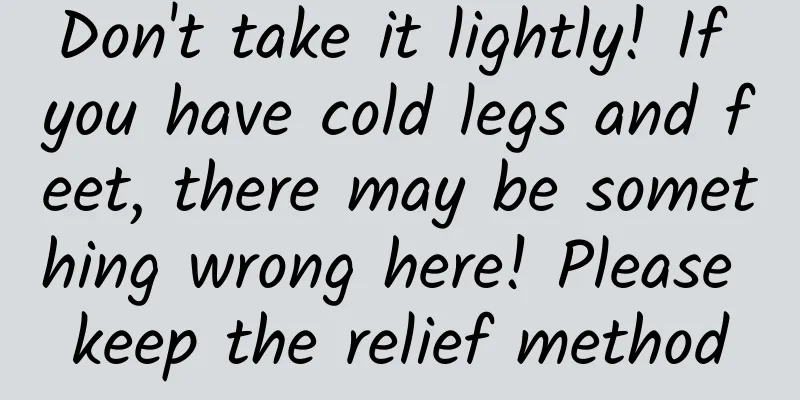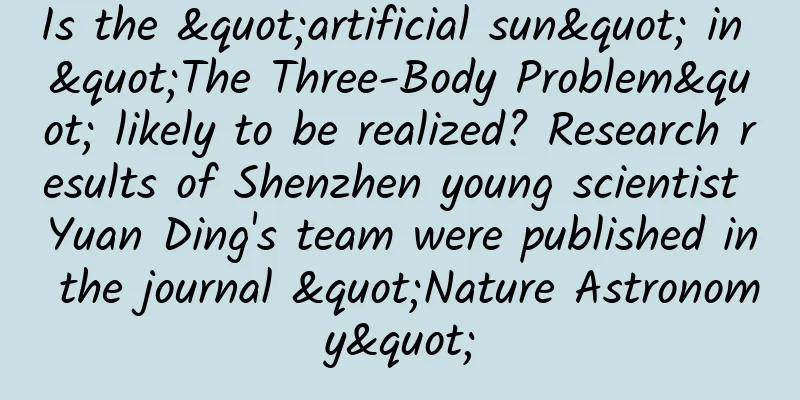Beijing Folding Award once again triggered AI fever: Will artificial intelligence be an angel or a devil in the future?
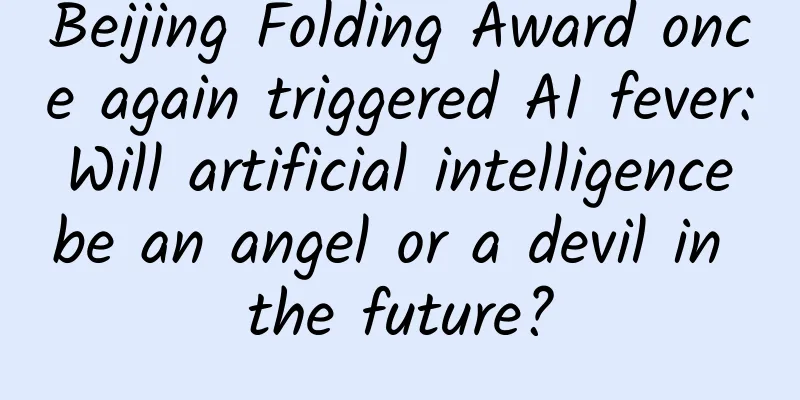
|
On August 21, after Liu Cixin, a famous science fiction writer, won the Hugo Award, the highest honor in the science fiction world, with his masterpiece The Three-Body Problem last year, Hao Jingfang, a post-80s writer, won the Hugo Award again with her novel Folding Beijing. But in fact, there are not many science fiction elements in Folding Beijing. The author's writing is more about describing the fate of several small people in a future world with great technological development. If there is one thing that really impresses science fiction readers about Folding Beijing, it is undoubtedly that the author vividly depicts the profound impact of machines on the economy, society, politics, and culture in the future world where artificial intelligence has matured, which has once again ignited a wave of discussion about artificial intelligence. In fact, before Folding Beijing, as early as March this year, the artificial intelligence "AlphaGo" challenged and defeated the Korean Go 9th Dan Lee Sedol, which had already raised people's interest in artificial intelligence to an unprecedented level. So today we will talk about artificial intelligence, not from the perspective of a science man, not to talk about complex scientific principles, but from the perspective of ordinary people, just like Folding Beijing. First of all, what is artificial intelligence? Are the smart devices around us not considered artificial intelligence? Artificial intelligence is a research field that has attracted great interest in recent years: its research goal is to use machines, usually electronic instruments, computers, etc., to simulate human mental activities as much as possible, and strive to ultimately improve and exceed human capabilities in these aspects. Simply put, according to the famous Turing test designed by Turing, the father of computer, if a person uses any series of questions to ask two objects he cannot see: one is a normal-thinking person; the other is a machine, if after several inquiries he cannot draw a substantial difference, then it can be said that the machine has passed the Turing test and has artificial intelligence. However, all our current intelligent machines do not have the intelligence comparable to that of humans. The so-called "artificial intelligence" devices are actually just "how much artificial intelligence there is, how much intelligence there is." For example, the voice assistant Siri on the iPhone, all of its answers are triggered by fixed trigger words designed by programmers. Once your question is beyond her settings, Siri will only answer "I don't understand" or "Do you need to Baidu...?" It is undeniable that computers can perform calculations much faster than humans, but there is still a huge gap between them and humans in terms of complex logical operations. A supercomputer can perform 100 trillion operations per second, but it will be at a loss if it is asked to do Korean beauty matching. So although the concept of artificial intelligence is so popular, in fact no one has really come into contact with artificial intelligence, and the so-called artificial intelligence still only exists in theory. Will artificial intelligence cause the poor to starve to death? "Folding Beijing" describes the fear of Lao Dao, a garbage worker in his 50s who is faced with having his job taken away by machines. This is also the most mainstream voice facing artificial intelligence at present. How can people survive when their livelihoods are taken away and their ability to make a living is lost? What kind of purgatory will society become? History has taught us a vivid lesson: hunger is the source of unrest. However, this is probably just our unfounded worry. Since the Industrial Revolution, the population has grown rapidly, and machinery and assembly lines have replaced a large number of workers, but society has not fallen into turmoil. On the contrary, the rise of industry has brought more labor demand to society, and industrialization has also brought a new look to the global economy. In fact, whenever advanced technology brings about great changes, there will always be such crisis theories, just like what Chaplin described in Modern Times during the Industrial Revolution. Or there are also many people who regard the Internet as a scourge. In the past two years, there have been constant concerns that Taobao and e-commerce will cut off the back of offline stores. However, the fact is that the new industrial chain created by Taobao and e-commerce has accommodated more people. Artificial intelligence replacing humans will turn the world into hell, but people are just overthinking it Once artificial intelligence technology matures, its growth rate will far exceed that of humans. However, the high initial cost of artificial intelligence should slow down the process of replacing humans. After all, cost is the main factor that capitalists consider. In the short term, some high-risk jobs or jobs that are impossible for humans to complete may be handed over to artificial intelligence. However, as artificial intelligence technology evolves and costs decrease, the future of artificial intelligence replacing humans will eventually be realized under the temptation of interests and the promotion of capitalists. At this time, the story in "Folding Beijing" may become a reality, with the lower class lingering on, while the upper class nobles rely on the work of artificial intelligence to monopolize almost all social resources. The gap between the rich and the poor is not the most terrifying thing. The despair of the complete closure of the upward channel of society will turn the lower class space into a real hell on earth. However, in fact, Folding Beijing is like the dystopian situations in Us and 1984, which are unstable and unrealistic. It is more of a metaphor and an extreme idea. The development and implementation of artificial intelligence technology will bring about subtle changes in the social and economic structure. By then, perhaps the utopian communist (or "proletarian") ideal will be truly realized. As a winner of Toutiao's Qingyun Plan and Baijiahao's Bai+ Plan, the 2019 Baidu Digital Author of the Year, the Baijiahao's Most Popular Author in the Technology Field, the 2019 Sogou Technology and Culture Author, and the 2021 Baijiahao Quarterly Influential Creator, he has won many awards, including the 2013 Sohu Best Industry Media Person, the 2015 China New Media Entrepreneurship Competition Beijing Third Place, the 2015 Guangmang Experience Award, the 2015 China New Media Entrepreneurship Competition Finals Third Place, and the 2018 Baidu Dynamic Annual Powerful Celebrity. |
<<: Sohu Video finally invests 100 million yuan to build the first VR content ecosystem
>>: Drones are still a niche toy industry or may usher in a blue ocean era
Recommend
#千万IP创科普# No need for sunscreen in autumn? Don't wait until you get sunburned to regret it...
After autumn This wind is the autumn wind But the...
Crayfish is "very dirty" and eating it will cause rhabdomyolysis. Is it credible?
Along with summer comes people's endless enth...
ARC Advisory Group: Top 10 Predictions for Industrial Internet of Things Technologies and Strategies in 2016
Industry analysts have made their top 10 predicti...
SNE Research: BYD will rank second among global electric vehicle battery suppliers with a market share of 16.2% in 2023
According to the latest report released by South ...
SEM data analysis method, summary of SEM data analysis!
For those who are new to SEM bidding, how can the...
Is the information flow optimization effect so good? Optimization skills of the information flow girl with a monthly salary of 2w+!
A few days ago, the editor was thinking about one...
Why can't humans drink raw water, but animals drink it directly?
In nature documentaries, we often see this scene:...
Zhang Shanling's Three Major Axes at Alibaba (21 Lectures) [Completed]
Zhang Shanling's 21 Lectures on Alibaba's...
The SEO secret of earning 1 million per month from a single website
Brief introduction to the SEO secret resources th...
Why are there two ways to define "new user"?
There are two ways to define " new users &qu...
[Creative Cultivation Program] Getting angry can actually cause poisoning?! In the hot summer, you need to calm down and cool down naturally
Author: Chen Wen Reviewer: Department of Neurolog...
Is Meizu mobile phone still alive? Does it have a chance to rise again?
On Weibo, there is a classic question with a play...
Witness history! Apple officially announced: Mac officially kicked out Intel, iOS and macOS fully integrated
This article is reproduced from Leiphone.com. If ...
iOS 9 Human Interface Guidelines: UI Design Basics
1.1 Designing for iOS iOS embodies the following ...

